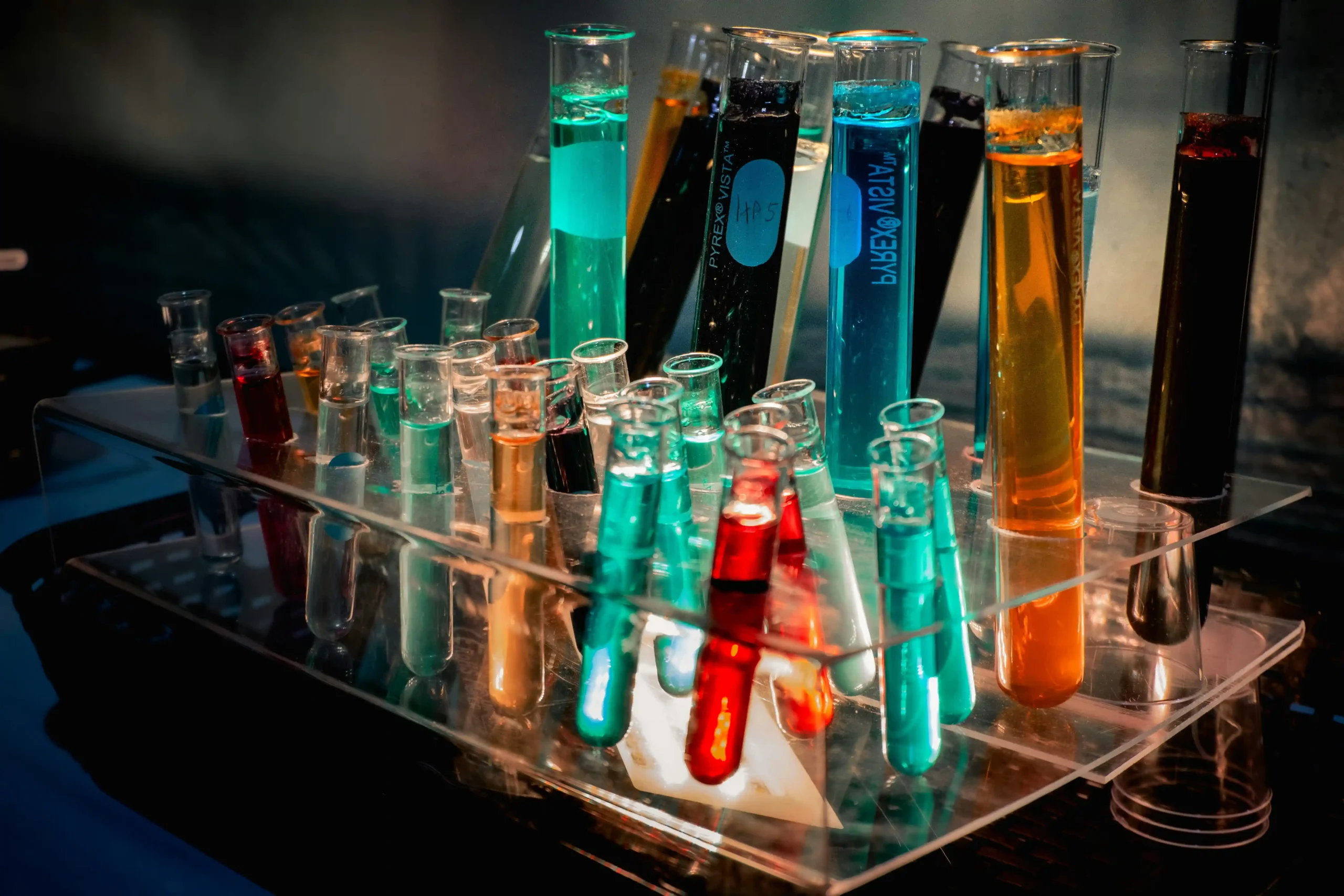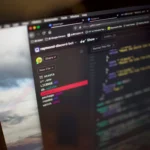Online Resources for Learning Science Free: Your 2025 Roadmap to Knowledge
Did you know that 72% of professionals in tech-driven industries attribute their success to foundational science skills? As of February 2025, the demand for scientific literacy has skyrocketed, with entrepreneurs, marketers, and innovators relying on science to fuel breakthroughs in AI, sustainability, and healthcare. But accessing quality education doesn’t have to cost a fortune. From interactive simulations to Ivy League lectures, **online resources for learning science free** have revolutionized how we master complex concepts. This guide uncovers the best platforms, tools, and strategies to elevate your expertise without spending a dime. You’ll discover how to leverage cutting-edge courses, collaborate in global communities, and stay ahead of trends shaping science education. Ready to unlock your potential? Let’s dive in.
Why Free Science Education Matters in 2025
The rise of generative AI and climate tech has made scientific fluency non-negotiable. Startups now compete on their ability to integrate biology, physics, and chemistry into product development. Meanwhile, marketers use data science to craft hyper-personalized campaigns. **Online resources for learning science free** are democratizing access, enabling anyone to upskill rapidly. For example, platforms like Coursera and edX reported a 40% surge in enrollments for free science courses this year, driven by professionals seeking edge in competitive markets.
Governments and institutions are also backing this shift. The EU’s Digital Education Action Plan 2025 allocates €200 million to open-access STEM resources, while MIT OpenCourseWare continues to publish cutting-edge materials. These initiatives highlight a global commitment to bridging knowledge gaps. Whether you’re decoding quantum computing or mastering lab techniques, free resources empower you to stay agile in a fast-evolving landscape.
But it’s not just about technical skills. Critical thinking, problem-solving, and experimental design are transferable assets for innovators. A 2024 LinkedIn survey found that 68% of hiring managers prioritize candidates with demonstrated scientific curiosity—traits honed through **online resources for learning science free**. By investing time in these tools, you position yourself as a forward-thinking leader.
Curious where to start? Let’s explore the top platforms reshaping science education this year.
Top Platforms for Free Science Learning in 2025
The Rise of Open-Access Universities
Ivy League schools like Harvard and Stanford now offer free access to select science courses through platforms like edX. Their “Audit Track” lets you explore lectures, assignments, and forums without paying. For instance, Harvard’s CS50’s Introduction to Computer Science has upskilled over 5 million learners globally. Pair these with MIT OpenCourseWare’s physics and engineering modules, and you’ve got an Ivy League education at zero cost.
Interactive Learning Hubs
Websites like Khan Academy and PhET Interactive Simulations make abstract concepts tangible. PhET’s physics and chemistry simulations, used by 20 million students annually, let you manipulate variables in real time—ideal for visual learners. Meanwhile, Khan Academy’s partnership with NASA offers free astronomy courses, complete with video explainers and practice quizzes. These platforms prove that **online resources for learning science free** can rival paid alternatives in quality.
Certifications That Boost Credibility
Want proof of your skills? Coursera’s “Financial Aid” program and FutureLearn’s free tiers allow you to earn certificates in data science or environmental biology by completing coursework. While premium features cost extra, auditing courses still provides full content access. For coding-focused science, freeCodeCamp’s Python modules and GitHub’s Open Science Community offer project-based learning with portfolio-ready outcomes.
Niche Resources for Specialized Fields
Dive into genomics with UC San Diego’s Bioinformatics Specialization on Coursera or explore climate science via the UN’s SDG Academy. Even niche areas like astrobiology have free courses on platforms like OpenLearn. The key? Align your choices with industry demands—AI-driven biotech and renewable energy are hot sectors for 2025.

Leveraging Open-Source Tools and Communities
Collaborative Coding Platforms
GitHub isn’t just for developers. Its Open Science community hosts repositories for scientific Python scripts, lab experiment templates, and AI models. By contributing to projects or forking existing code, you gain hands-on experience while networking with experts. Similarly, Google Colab offers free cloud-based Jupyter notebooks for data analysis—perfect for mastering machine learning in biology or chemistry.
Citizen Science Initiatives
Platforms like Zooniverse and SciStarter let you participate in real research. Classify galaxies, track wildlife migrations, or analyze soil samples—all while learning methodology from scientists. These projects not only build skills but also enhance your resume. As Nature reported, 35% of hiring managers value citizen science experience as proof of initiative.
Virtual Labs and Simulations
No access to a physical lab? No problem. LabXchange by Harvard provides virtual lab experiences in genetics and molecular biology, complete with simulations and expert mentors. For K-12 educators, Mystery Science offers free NGSS-aligned lessons with DIY experiments. These tools prove that **online resources for learning science free** can replicate hands-on learning.
Global Study Groups
Reddit’s r/learnscience and Discord’s Science Hub connect learners worldwide. Join weekly challenges, share resources, or get feedback on projects. Such communities foster accountability and expose you to diverse perspectives—key for innovation.
2025 Trends Shaping Free Science Education
AI-Powered Personalization
Adaptive learning platforms like Cerego and Sana Labs use AI to tailor content to your pace and gaps. For instance, if you struggle with organic chemistry mechanisms, the system adjusts lessons to reinforce weak spots. This trend mirrors corporate L&D strategies, making **online resources for learning science free** smarter and more efficient.
Micro-Credentials and Stackable Degrees
Platforms like Coursera and edX now let you “stack” free courses into recognized specializations. Complete a series in renewable energy systems, and you’ll earn a credential comparable to a university minor—all for free. Employers increasingly recognize these nano-degrees, especially in tech sectors.
VR/AR Immersive Learning
Apps like VictoryVR offer free virtual field trips to Mars or inside the human body. Medical students use AR apps like Complete Anatomy to study 3D organ models. While hardware costs exist, many apps are free, signaling a shift toward immersive **online resources for learning science free**.
Gamification and Engagement
Duolingo-style apps are entering STEM. Brilliant.org’s daily science challenges and Kahoot!’s quiz competitions make learning addictive. Expect more platforms to adopt badges, leaderboards, and streaks to keep users motivated.
Avoiding Pitfalls: Maximizing Free Resources
Curate Your Curriculum
With endless options, focus is key. Use Notion or Trello to map learning goals, track progress, and organize materials. Prioritize courses with structured syllabi, like MIT’s Linear Algebra or Stanford’s Introduction to Statistics.
Balance Theory and Practice
Pair Coursera lectures with hands-on projects from Kaggle or GitHub. For example, after a genomics course, analyze public DNA datasets to spot mutations. This approach builds both knowledge and portfolio assets.
Engage Actively
Passive watching won’t cut it. Participate in forums, attend live webinars (many are free), and teach concepts to peers. Studies show active engagement boosts retention by 50%.
Stay Updated
Follow platforms on social media for new course alerts. Subscribe to newsletters like OpenCulture or Class Central—they curate the latest **online resources for learning science free** across niches.
Conclusion: Your Next Steps to Science Mastery
The era of gatekept knowledge is over. In 2025, **online resources for learning science free** offer unparalleled access to world-class education, whether you’re building a startup, pivoting careers, or satisfying curiosity. From AI-driven platforms to global citizen science projects, the tools exist to transform your potential. Start today: Enroll in one course, join a community, or tackle a simulation. As Nobel laureate Carl Wieman said, “Science is a way of thinking much more than it is a body of knowledge.” So think boldly, experiment fearlessly, and share your discoveries. The future belongs to those who learn—and you’ve got everything you need to lead it.










